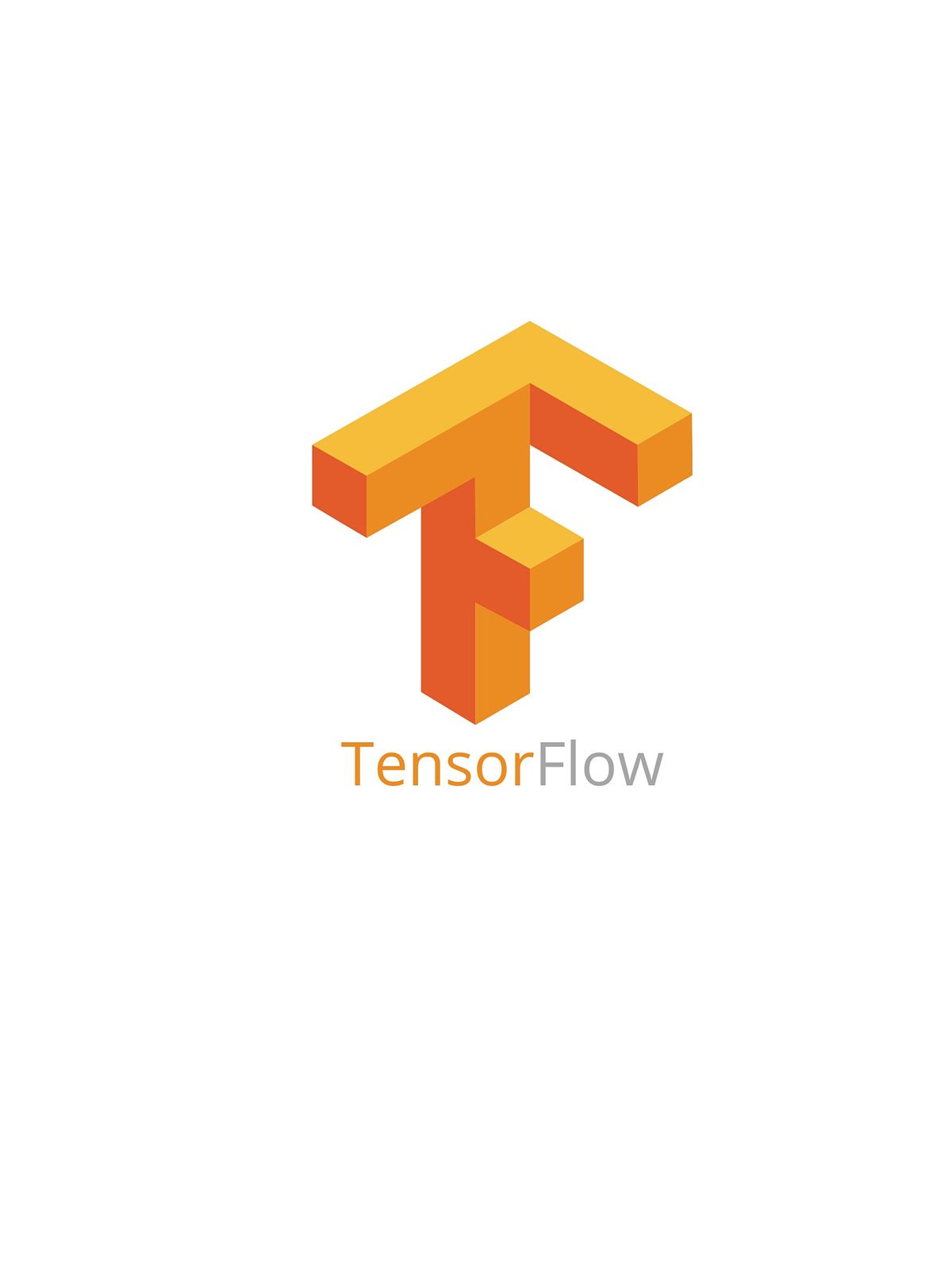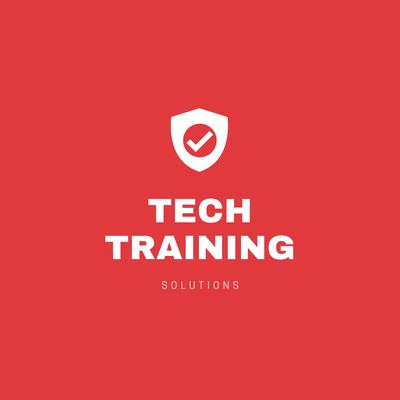
Advertisement
4 Weeks TensorFlow Training course is being delivered from January 19, 2021 - February 11, 2021 US Pacific Time.About this Event
This event has been UPDATED since it was first published. View the UPDATED & Detailed TensorFlow Training course for beginners Information here.
4 Weeks TensorFlow Training course is being delivered from January 19, 2021 - February 11, 2021 US Pacific Time for 16 hours over 4 weeks, 8 sessions, 2 sessions per week, 2 hours per session.
- All Published Ticket Prices are in US Dollars
- The course will be taught in English language
4 Weeks TensorFlow Training Course Schedule
- January 19, 2021 - February 11, 2021 US Pacific time
- 4 Weeks | 2 Hours on Tuesdays, 2 Hours on Thursdays every week US Pacific time
- 5:30 PM - 7:30 PM US Pacific time each of those days
- Please click here to add your city name and check your local date and time for the first session to be held on January 19, 2021 at 5:30 PM US Pacific Time.
Features and Benefits
- 4 weeks, 8 sessions, 16 hours of total Instructor-led and guided training
- Training material, instructor handouts and access to useful resources on the cloud provided
- Practical Hands-on Lab exercises provided
- Real-life Scenarios
Prerequisites
- It is recommended that participants are familiar with programming (preferably in Python), along with familiarity with statistics, algebra, and probability.
- A prior exposure to data science would be beneficial.
Course Objectives
- Understand TensorFlow concepts, functions, operations and the execution pipeline.
- Understand neural networks, deep learning algorithms, and data abstraction layers.
- Master advanced topics including convolutional neural networks, deep neural networks, recurrent neural networks, and high-level interfaces.
- Learn how to build deep learning models in TensorFlow and interpret the results
- Understand the fundamental concepts of artificial neural networks
Course Outline
1. Introduction to Deep Learning
- Deep Learning: A revolution in Artificial Intelligence
- Limitations of Machine Learning
- Discuss the idea behind Deep Learning
- Advantage of Deep Learning over Machine learning
- 3 Reasons to go Deep
- Real-Life use cases of Deep Learning
- Scenarios where Deep Learning is applicable
- The Math behind Machine Learning: Linear Algebra
- The Math Behind Machine Learning: Statistics
- Review of Machine Learning Algorithms
- Reinforcement Learning
- Underfitting and Overfitting
- Optimization
- Convex Optimization
2. Fundamentals of Neural Networks
- Defining Neural Networks
- The Biological Neuron
- The Perceptron
- Multi-Layer Feed-Forward Networks
- Training Neural Networks
- Backpropagation Learning
- Gradient Descent
- Stochastic Gradient Descent
- Quasi-Newton Optimization Methods
- Generative vs Discriminative Models
- Activation Functions
- Loss Functions
- Loss Function Notation
- Loss Functions for Regression
- Loss Functions for Classification
- Loss Functions for Reconstruction
- Hyperparameters
3. Fundamentals of Deep Networks
- Defining Deep Learning
- Defining Deep Networks
- Common Architectural Principals of Deep Networks
- Reinforcement Learning application in Deep Networks
- Parameters
- Layers
- Activation Functions – Sigmoid, Tanh, ReLU
- Loss Functions
- Optimization Algorithms
- Hyperparameters
- Summary
4. Introduction to TensorFlow
- What is TensorFlow?
- Use of TensorFlow in Deep Learning
- Working of TensorFlow
- How to install Tensorflow
- HelloWorld with TensorFlow
- Running a Machine learning algorithms on TensorFlow
5. Convolutional Neural Networks (CNN)
- Introduction to CNNs
- CNNs Application
- Architecture of a CNN
- Convolution and Pooling layers in a CNN
- Understanding and Visualizing a CNN
- Transfer Learning and Fine-tuning Convolutional Neural Networks
6. Recurrent Neural Networks (RNN)
- Introduction to RNN Model
- Application use cases of RNN
- Modelling sequences
- Training RNNs with Backpropagation
- Long Short-Term memory (LSTM)
- Recursive Neural Tensor Network Theory
- Recurrent Neural Network Model
7. Restricted Boltzmann Machine(RBM) and Autoencoders
- Restricted Boltzmann Machine
- Applications of RBM
- Collaborative Filtering with RBM
- Introduction to Autoencoders
- Autoencoders applications
- Understanding Autoencoders
- Variational Autoencoders
- Deep Belief Network
Advertisement
Event Venue & Nearby Stays
IT Training Center, Tech Training Solutions, Columbus, United States
Tickets
USD 450.00 to USD 550.00
